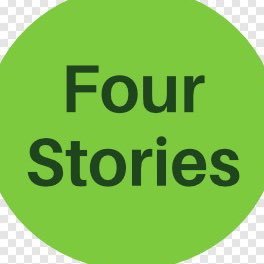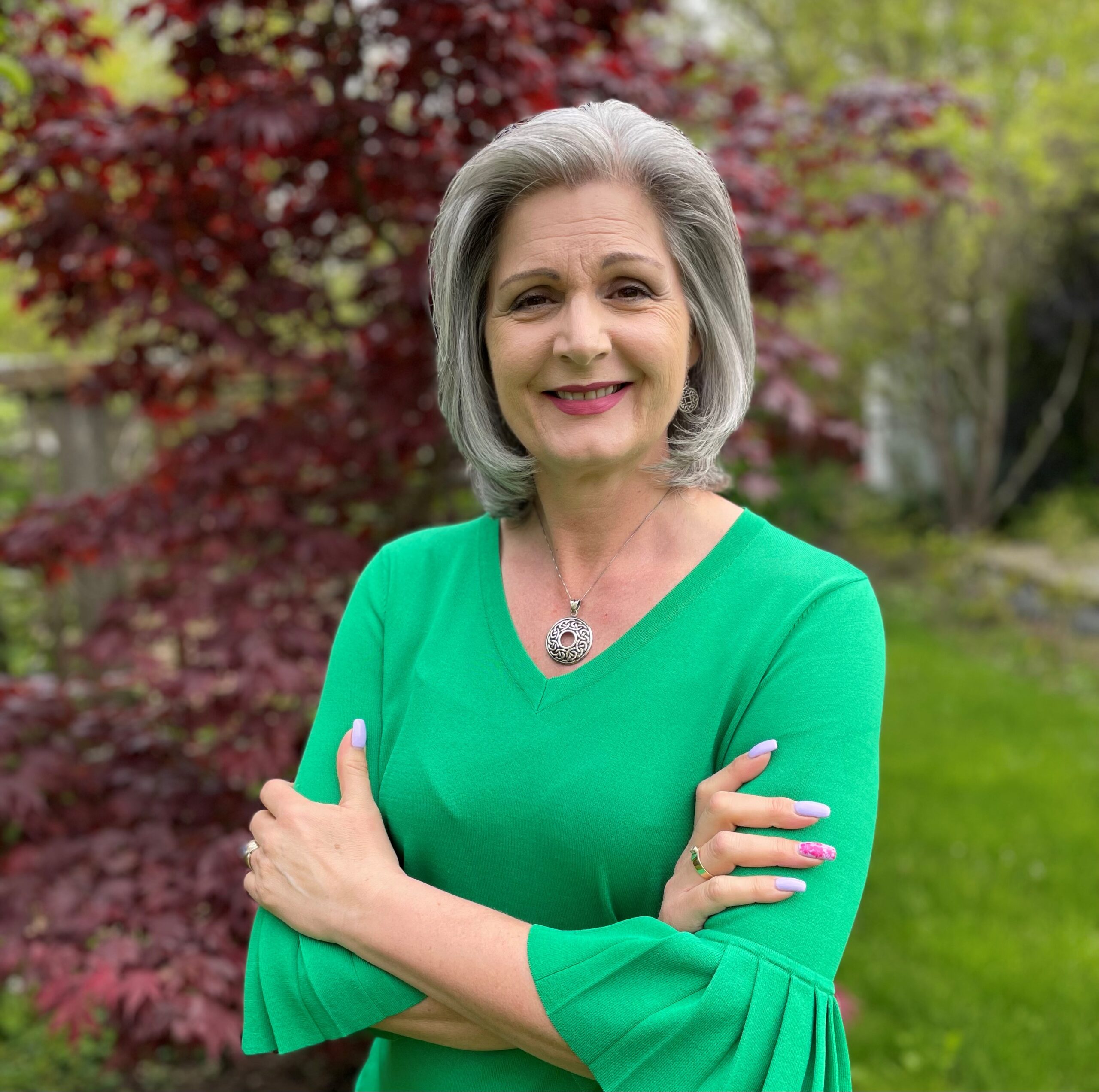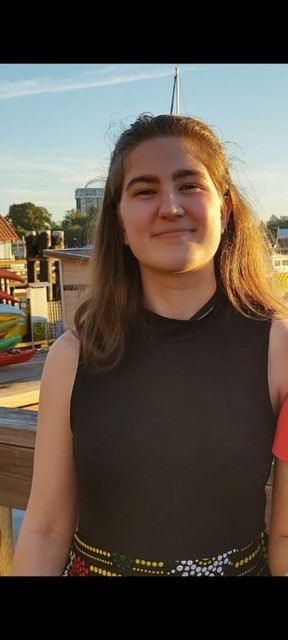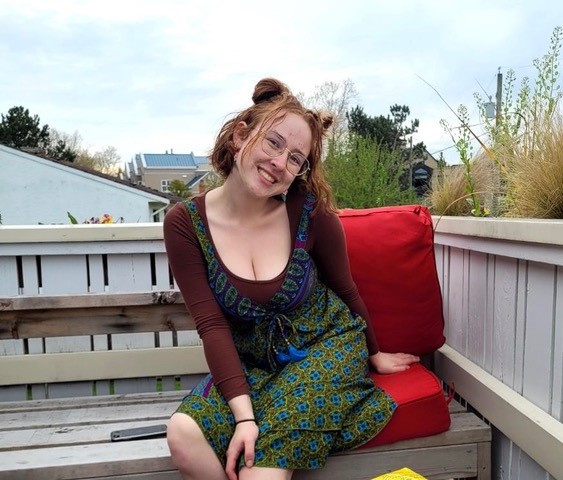Project Coordination Team
Elizabeth Vibert
Elizabeth Vibert is an historian at the University of Victoria whose research has long focused on colonialism, poverty, racialization, and gender – and the roles of food in these social relations. Since 2012 she has been doing community-engaged research with women small-scale farmers in South Africa, generating oral histories of resistance and resilience in the face of apartheid, globalization, and climate crisis. The documentary film The Thinking Garden grew out of this research. Since 2018 Elizabeth has been doing an oral history project with Palestinian miller Aisha Azzam, her family, and members of the community in Baqa’a Camp, Jordan. One of the fruits of this collaboration is the documentary film “Aisha’s Story,” now (late 2023) in the final editing phase. Elizabeth is director of the Four Stories project, and a researcher specifically in the South Africa and Jordan contexts.
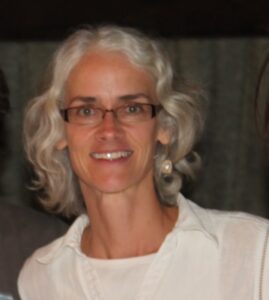
Mo Bradley
Mo studied Communications and Media Studies at Concordia University. They abandoned a brief career as a bassist in the Montreal underground music scene after they received a VideoFACT music video production grant. After relocating to Vancouver, Mo immersed themself in the artist-run-centre scene and returned to school to pursue and MFA in Film Production from UBC. Prior to joining the Writing Department in 2004, they were an Assistant Professor of Film Production at the University of Regina. In 2002, they became the first female director to join the Saskatchewan District Council of the Directors Guild of Canada. Mo is a past President of the Board of Directors of CineVic Society of Independent Filmmakers, Queer City Cinema, Video In and is the Pacific Board Member of the Independent Media Arts Alliance of Canada.
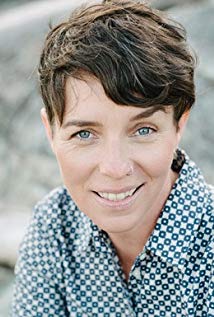
Matthew Murphy
Matthew Murphy, associate professor of sustainability and strategy, joined the Gustavson team at UVic in 2012 and teaches and carries out research in the areas of sustainability and social entrepreneurship.
His primary research focus is on stakeholder relationships related to both conflict and collaboration, and community-based sustainable development efforts in the context of First Nations. Through this research, Matt hopes to improve the human rights performance of business as well as to support Indigenous communities’ efforts to protect their rights and fulfill their own visions of sustainable development.
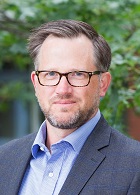
Astrid Pérez Piñán
Dr. Astrid V. Pérez Piñán is an assistant professor at the School of Public Administration where she teaches graduate courses in Gender Mainstreaming, Citizen Participation and Democratic Governance, and Analysis for the Public and Non-Profit sector. She has a PhD in Gender and International Development from Trinity College Dublin (Rep. of Ireland), a Masters in International Peace Studies from the same institution, and a Bachelor’s degree in Modern Languages from the University of Puerto Rico. Her PhD thesis (2015) is entitled: Engendering Effectiveness: A Feminist Critique of the New Aid Architecture.
In her work, Astrid combines interdisciplinary research with feminist scholarship to critically explore the changing international development landscape, including new forms of development cooperation that address global gender inequality. She is interested in the 'measurement turn' in global development and the processes leading to the creation of alternatives to neoliberal economic development emerging at the community level globally, not limited to but including Indigenous and afro-descendant communities. Her other areas of research include: politics of colonization and decolonization, and sustainable development.
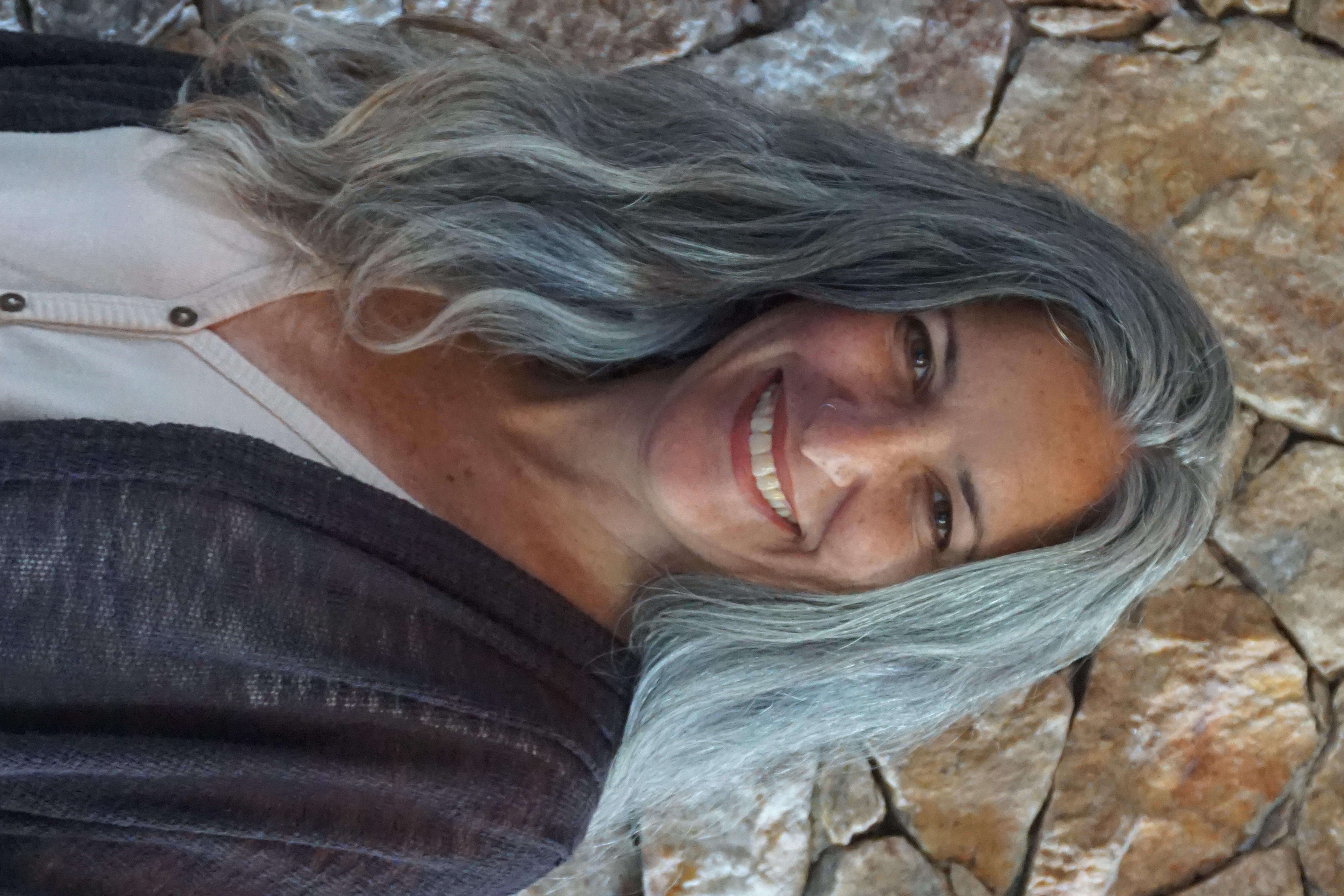
Claudia Puerta Silva
Claudia Puerta Silva is a professor of anthropology at the University of Antioquia. She studies socio-environmental conflicts, food crises and local well-being initiatives. She has participated in academic projects and community processes with the Wayuu indigenous people. Currently, she is the coordinator of the research group Strategic Resources Group, Region and Socio-environmental Dynamics, at the University of Antioquia.
Claudia Puerta Silva es profesora de antropología de la Universidad de Antioquia. Hizo sus estudios de maestría y doctorado en École des Hautes Études en Sciences Sociales, Francia. Estudia conflictos socioambientales, crisis alimentarias e iniciativas locales de bienestar. Ha participado en proyectos académicos y procesos comunitarios con los wayuu. Actualmente, es la coordinadora del Grupo Recursos estratégicos, Región y Dinámicas socioambientales, Instituto de Estudios Regionales INER, Universidad de Antioquia.
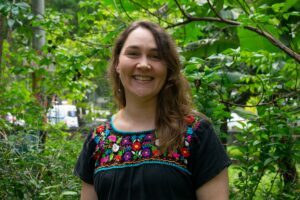
Bikrum Gill
Bikrum Gill is an assistant professor in political science at Virginia Tech. Bikrum’s research interests are fundamentally informed by a larger commitment to pressing contemporary issues of social and ecological justice. Besides research, he has looked to act upon this commitment through community organizing, activism, and arts. Based on his experience as both a student and teacher at the university level, Bikrum has acquired much appreciation for the power of pedagogy in advancing projects of social and ecological justice.
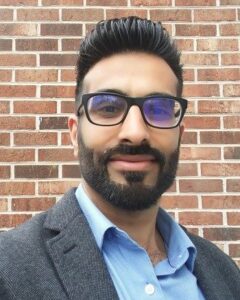
Country Teams
Chief Gordon Planes
Elected and hereditary leader, spearhead of sustainable food strategy

Christine George
T’Sou-ke Indigenous plants specialist, traditional foods educator
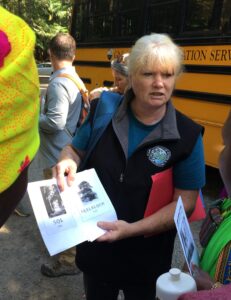
Miguel Iván Ramírez Boscan
Wayuu of the Epinayuu Clan. Indigenous and Community Communicator, publicist, documentary filmmaker, photographer, defender of the rights of Indigenous peoples. Communications Advisor of the Organization Fuerza Mujeres Wayuu. Editor of NotiWayuu and director of NotiWayuu printed. Coordinator of the Wayuu People’s School of Communications and member of the Pütchimaajana Communications Network.
Wayuu del Clan Epinayuu. Comunicador Indígena y Comunitario, publicista, documentalista, fotógrafo, defensor de derechos de los pueblos Indígenas. Consejero de Comunicaciones de La Fuerza de Mujeres Wayuu. Editor de NotiWayuu y director de NotiWayuu impreso. Coordinador de La Escuela de Comunicaciones del Pueblo Wayuu y miembro de La Red de Comunicaciones Pütchimaajana.
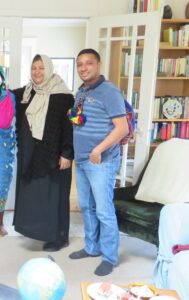
Jakeline Romero Epiayu
Jakeline Romero Epiayu is a Wayuu human rights defender and activist who plays a very important role in the department of La Guajira in northeastern Colombia. Jakeline is part of the organization Sütsuin Jieyu Wayuu (Fuerza Mujeres Wayuu), created in 2006 with the objective of making visible and denounce the violations of the rights of the Wayuu indigenous people resulting from mining megaprojects, forced displacements, the situation of the vulnerability of the victims of the armed conflict and the presence of armed groups and the militarization of the territory of La Guajira.
Jakeline Romero Epiayu es una defensora y activista de derechos humanos wayuu que desempeña un papel muy importante en el departamento de La Guajira, en el noreste de Colombia. Jakeline forma parte de la organización Sütsuin Jieyuu Wayúu (Fuerza de Mujeres Wayuu), creada en 2006 con el objetivo de visibilizar y denunciar las violaciones de los derechos de los indígenas wayúu resultado de los megaproyectos mineros, desplazamientos forzados, la situación la vulnerabilidad de las víctimas del conflicto armado y la presencia de grupos armados y la militarización del territorio de La Guajira.
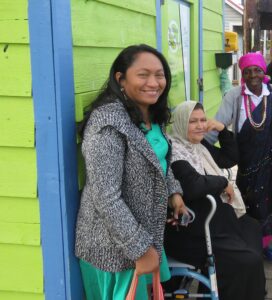
Esteban Torres Muriel
I am an anthropologist experienced in Food Security and Food Sovereignty issues, territorial rights, and socio-environmental dynamics in rural areas especially indigenous peoples. I have participated in characterization processes and training of women leaders based in Medellín and with the Wayuu indigenous people in northern Colombia. Knowledge in state anthropology, anthropology of health and criticism, heritage, cartography, economic theory, and social marketing.
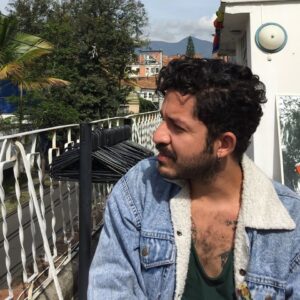
Aysha Yousif Matar Azzam
Founder, operator (30 years) of community grain mill in Baqa’a Palestinian refugee camp
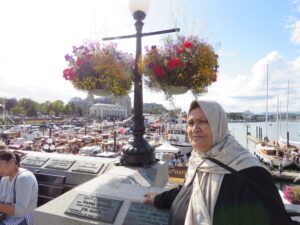
Fatima Obeidat
Founder, Kananah Organization, sharing sustainable food practices with poor urban & Syrian refugee women
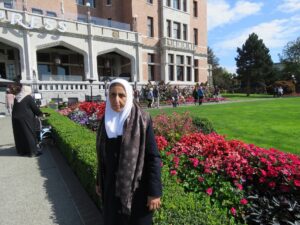
Josephine Mathebula
Founding farmer and board member at Hleketani Community Garden, South Africa.
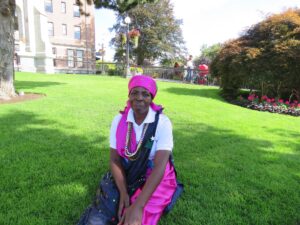
Mphephu Mtsenga
Founding farmer and board member at Hleketani Community Garden, South Africa.

Basani Ngobeni
Community worker, sustainable food advocate, communications student, language interpreter
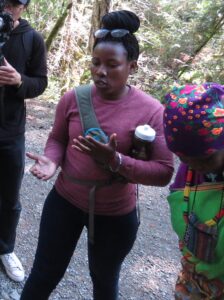
Natalia Giraldo Osorio
Undergraduate student of anthropology at the University of Antioquia. Her lines of research have been territory and Food Sovereignty. She is part of the training research group Culture, Violence and Territory of the Institute of Regional Studies INER, University of Antioquia.
Estudiante del pregrado de antropología en la Universidad en la Antioquia. Sus líneas de investigación han sido el territorio y la soberanía alimentaria. Hace parte del semillero Cultura, Violencia, Territorio del Instituto de Estudios Regionales INER, Universidad de Antioquia.
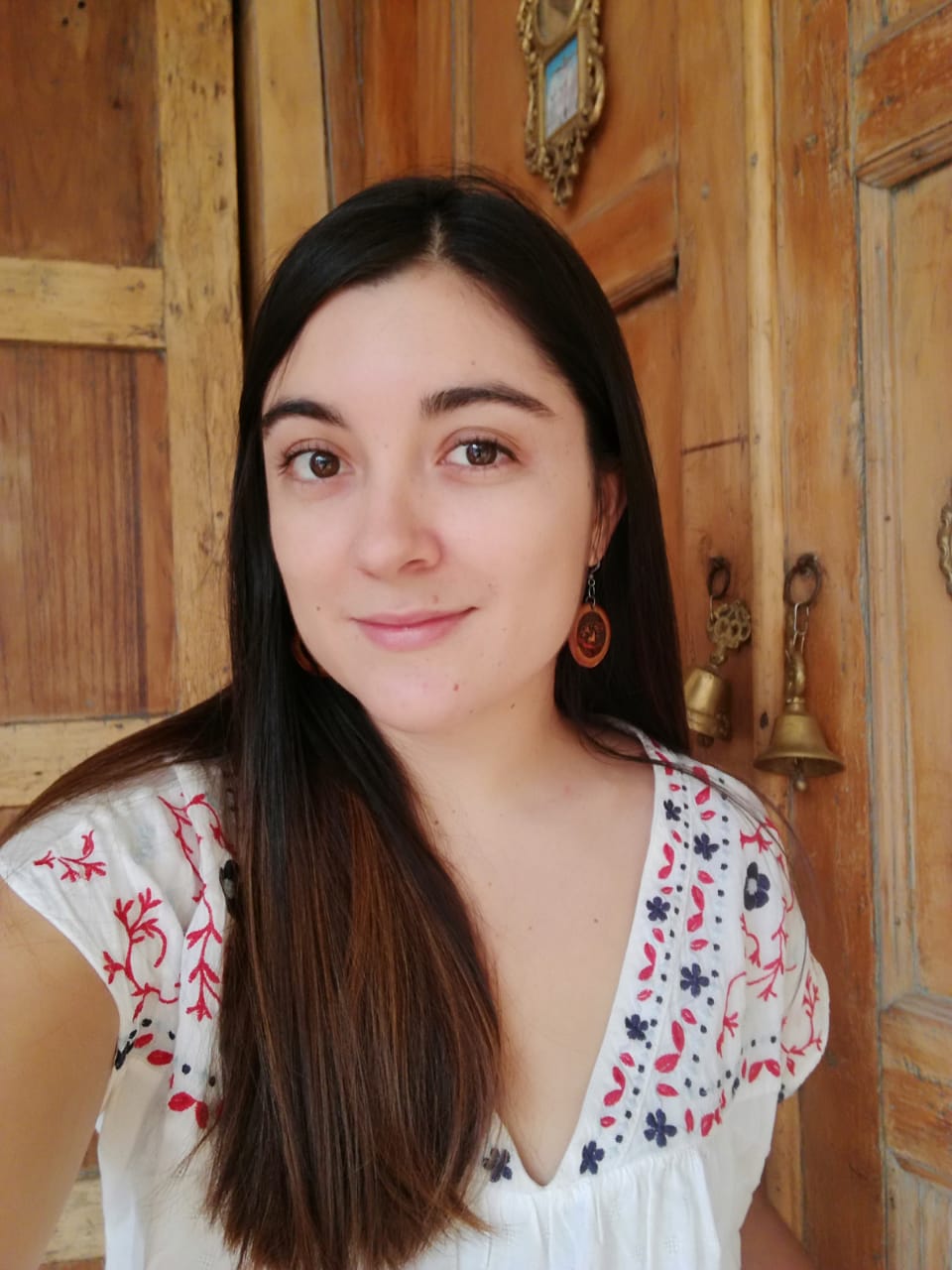
Advisory Group
Raj Patel
University of Texas at Austin
Marit Rosol
University of Calgary
Lynn Thornton
VIDEA
Nancy Turner
University of Victoria
Affiliated Organizations
University of Antioquia
The University of Antioquia is the most important institution of higher education in the department of Antioquia founded in 1893. It is recognized as one of the best universities in the country. Its main campus is in Medellin, but has several regional sites in different municipalities of the department. In the 194 undergraduate programs have 35,769 students and the graduate programs, 3,220. The University of Antioquia participates in the project through the Department of Anthropology and the Research Group Strategic Resources, Region and Socioenvironmental Dynamics of the Institute of Regional Studies INER.
La Universidad de Antioquia es la institución de educación superior más importante del departamento de Antioquia fundad en el año 1893. Es reconocida como una de las mejores universidades del país. Su campus principal está en Medellín, pero cuenta con varias sedes regionales en distintos municipios del departamento. En sus 194 programas de pregrado, la población estudiantil asciende a 35.769 y en posgrados 3.220. Es reconocida como una de las mejores universidades del país. La Universidad de Antioquia participa en el proyecto a través del departamento de Antropología y el Grupo de investigación Recursos Estratégicos, Región y Dinámicas Socioambientales.
Fuerza Mujeres Wayuu
Sütsuin Jieyu Wayuu or Fuerza Mujeres Wayuu was founded in 2006 to denounce human rights violations against the Wayuu indigenous people of Colombia. The Wayuu live in La Guajira, a peninsula in the far north of Colombia, a region that stretches along the border with Venezuela. They have suffered human rights abuses as a result of mining mega-projects in the region, along with forced displacement, armed conflict, a continue presence of armed groups and the militarization of Guajira territory. Wayuu women have historically been organized in defense of their land, environment and right to self-determination. They have denounced many human rights violations committed in La Guajira and act as a reference in the promotion of human rights in the region. This organization also raises awareness of the disproportionate effects of conflict and displacement on women, and seeks to empower and improve the skills of indigenous women.
Sütsuin Jieyuu Wayúu o Fuerza de Mujeres Wayuu se fundó en 2006 para denunciar las violaciones de los derechos humanos contra los indígenas Wayuu de Colombia. Los wayuu viven en La Guajira, una península en el extremo norte de Colombia, una región que se extiende a lo largo de la frontera con Venezuela. Han sufrido abusos contra los derechos humanos como resultado de los megaproyectos mineros en la región, junto con el desplazamiento forzado, el conflicto armado, la presencia continua de grupos armados y la militarización del territorio de la Guajira.
Las mujeres wayuu han estado históricamente organizadas en defensa de su tierra, medio ambiente y derecho a la autodeterminación. Han denunciado muchas violaciones de derechos humanos cometidas en La Guajira y actúan como referencia en la promoción de los derechos humanos en la región. La Fuerza de Mujeres Wayuu también crea conciencia sobre los efectos desproporcionados que el conflicto y el desplazamiento tienen sobre las mujeres, y busca empoderar y mejorar las habilidades de las mujeres indígenas.
Research Assistants
Theresa Mackay
Theresa is a PhD candidate in History at the University of Victoria, having completed her undergrad at Simon Fraser University and her Masters at the University of the Highlands and Islands (Scotland). Her research focuses on nineteenth century Gaelic-speaking women and foodways of the west Highlands and Islands. In 2021 Theresa was awarded the inagural Hugh Campbell and Marion Alice Small Graduate Teaching Fellowship in Scottish Studies to develop and teach HSTR 371 Flavours of the Past: Scottish Food History (summer 2023) at the University of Victoria. For Four Stories About Food Sovereignty she coordinates gatherings of the project team and oversees graduate student team members in their work to support the project.
Darren Reid
Darren completed his Master's at the University of Victoria and is currently a PhD candidate at University College London, where he studies the histories and legacies of British imperialism. He has fulfilled various roles in the Four Stories research project, including developing this website, assisting the September 2019 International Workshop in Sooke, B.C., and designing geographic data visualizations with GIS. Visit his website at https://darrenreid.ca/
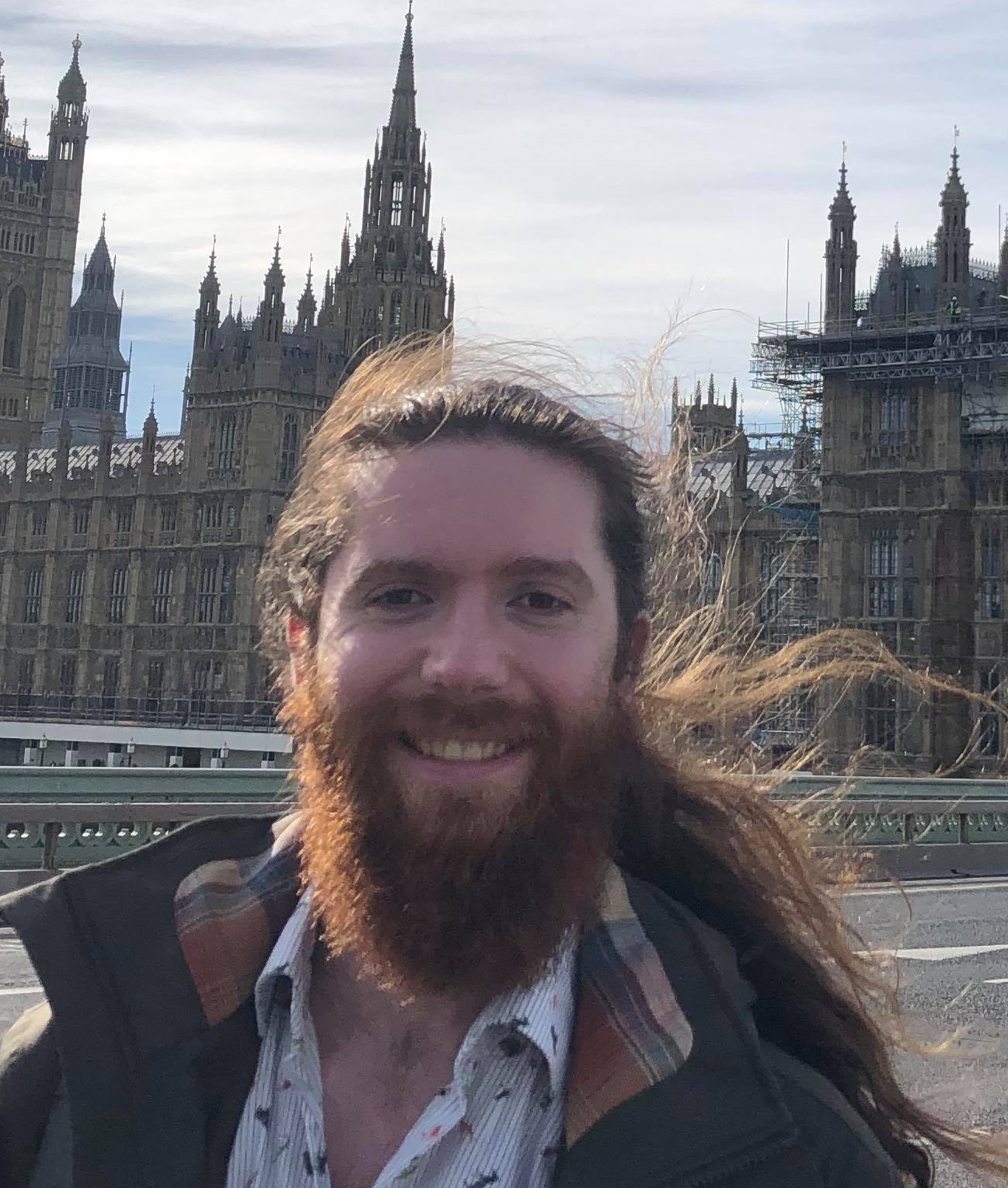
Salam Barakat Guenette was born in Amman, Jordan to Palestinian parents. She arrived in Canada in 1999 and completed her Master of Arts in History at the University of Victoria. Salam’s focus was on French émigrés and their impact on the transformation of Franco-British diplomacy following the end of the Revolutionary and Napoleonic wars. Her interest continues to be on human migration and the intersection rather than the clash of cultures. As part of the Four Stories project, Salam is Consulting Producer on the documentary film ‘Aisha’s Story,’ as well as consulting editor and interpreter. Since 2019 Salam has provided translation, interpretation, and cultural context for the elements of Four Stories engaging Palestinian refugees.
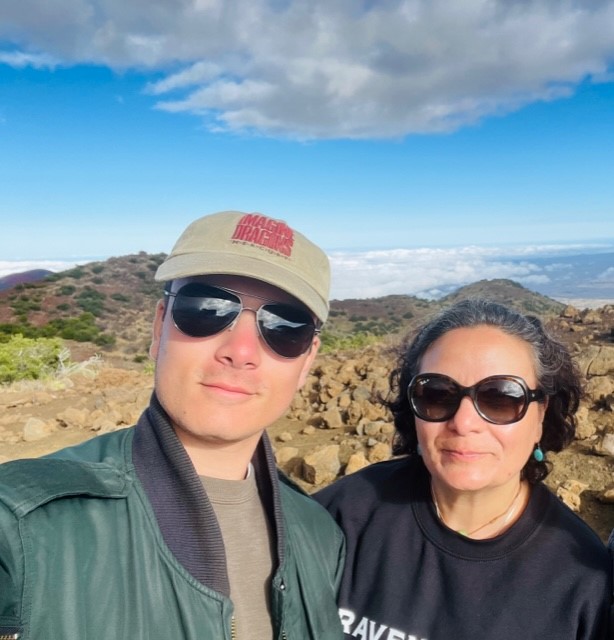
Sara Chan
At the University of British Columbia, Sara graduated from the Food, Nutritional and Health Program in 2020 and is currently in the Dietetics Program. Her interests in Food Security and food systems research are what drew her in to support the Four Stories About Food Sovereignty team. As a research assistant, she has been contributing to the project by conducting literature reviews and supporting other Food Security projects. Sara looks forward to the research's continued prosperity, as the stories unveil the drivers converging community, food, and health.
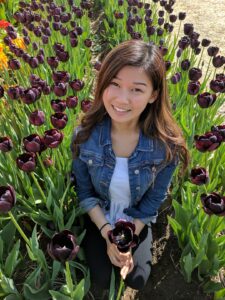
Guochen Wang
Guochen (Chen) Wang was born in mainland China and moved to Victoria in 2013 to attend the University of Victoria. He is an international award-winning photographer. Chen has worked on film and video productions since 2014. He founded the UVic Film Society, serves as director of production at the Cinevic Society of Independent Filmmakers, and also works at Chek TV’s commercial production department. As a director, cinematographer, editor, writer, and colourist, Chen has worked on over 50 commercials, music videos, and documentary films, as well as on short and feature films aired at theaters, on the internet, and on TV.
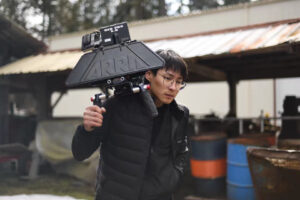
Sierra Vaillancourt
My name is Sierra and I recently graduated from UBC Okanagan (UBCO) with my Bachelor of Human Kinetics. At UBCO I was able to dive into health promotion and take on work study positions and volunteer work surrounding nutrition, Food Security, and overall health and wellness. I am currently taking my Masters of Public Health with a focus on Indigenous health at UVic. When I heard about Four Stories, I knew I needed to get involved in the projects and research behind it. Working with vulnerable communities surrounding topics like Food Security and Food Sovereignty is where my passion lies. I am excited to collaborate and work alongside my colleagues at UVic and with communities to identify culturally appropriate ways to help improve Food Security and Food Sovereignty!

Emily Salmon
Emily is a PhD student at the Gustavson School of Business at the University of Victoria, having completed her Masters in Business Administration at Queens University. Her research has focused on exploring the ways in which Indigenous communities are impacted by corporate projects within their traditional territories, and how this influences other stakeholders. Emily’s primary role within the Four Stories project is to assist with literature reviews, as well as offering general support to others when needed.
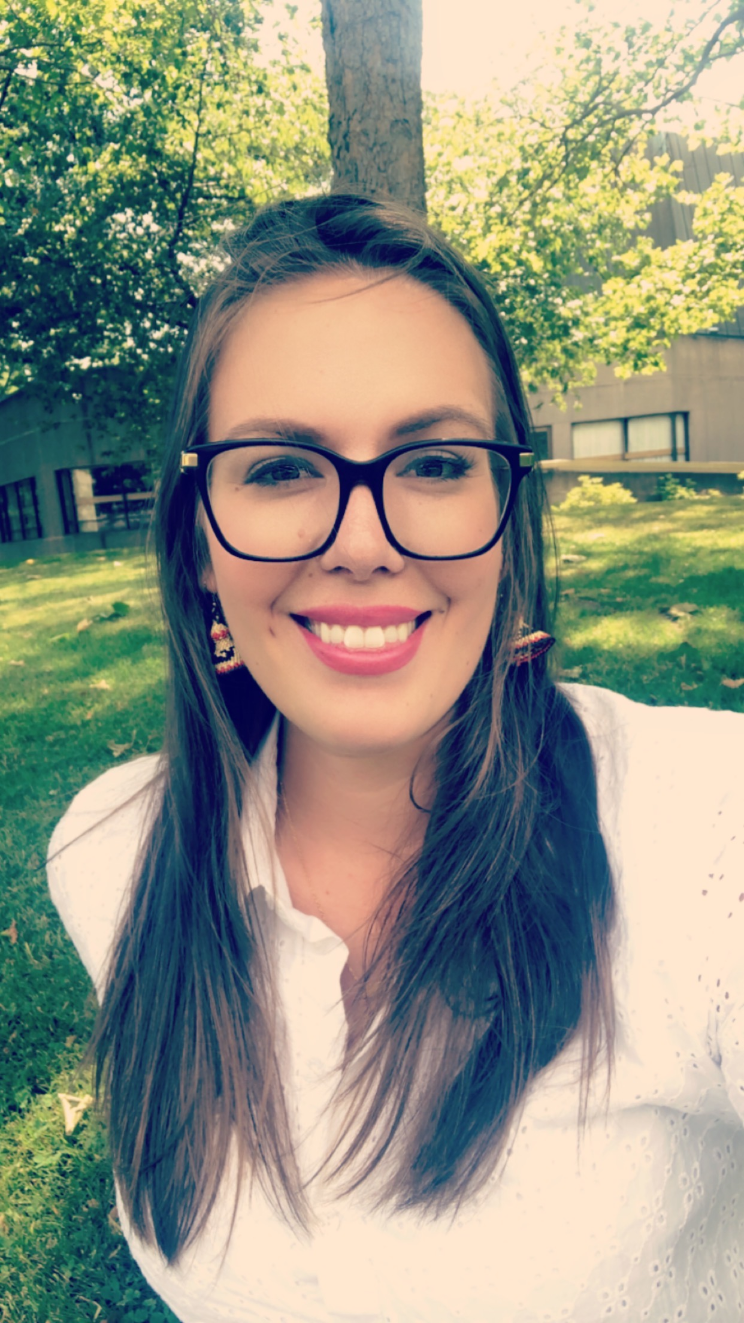
Jennifer Atkins
Jen is currently a Master’s of Science candidate in the school of Environmental Studies at University of Victoria. Her research is centred around small-scale, regenerative agriculture, Food Security and community resilience. She is also currently a Food Security coordinator with the Food Share Network here in Victoria linking local produce and farmers to families in need. Jen’s role with the Four Stories Project is currently researching the changes to South African Food Security and sovereignty, conducting literature reviews and supporting other Food Security projects. When not thinking about food (which is not very often), Jen can be found riding her bike in the mountains, exploring with her dogs or growing all things edible.

Saige Motkoski
I am completing a Bachelors of Science in biology concentrating in neurobiology. My undergraduate research in Dr. Nicole Templeman’s lab focuses on the impact of diet on longevity and age-related reproductive decline using a nematode model organism. My interests perfectly align with the food systems focus of Four Stories about Food Sovereignty and drew me to join the team through contributions to social media, education resources and research.
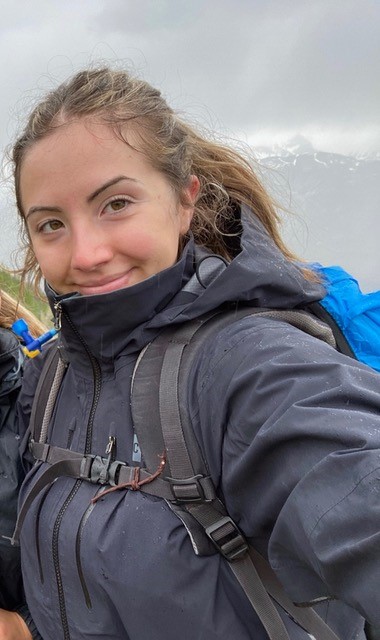
Chris Aino Pihlak
Chris Aino Pihlak (she/her) is a first year history masters student at uVic, originally from London, Ontario. After completing her undergrad at the University of Ottawa, Chris was drawn to Victoria for both the lovely vistas and its Transgender Archive. She is extensively utilizing this Archive to study constructions of femininity within a range of Anglosphere cross-dressing and transfeminine periodicals and newsletters. More broadly, Chris is drawn to histories of gender, queerness, consumption, and history from below.

Jacquelyn McClure
Jacquelyn completed her undergraduate honours degree in history with a minor in Anthropology at the University of Victoria, where she is now working on a Master's in Public History. She has worked as a historical interpreter for the Canadian Ministry of Veterans Affairs and for Parks Canada. Her interests include museum studies, gender history, the history of race and ethnicity in Canada, and Food Sovereignty. In her spare time, she likes to garden and try new recipes.
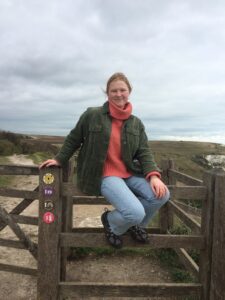
Nora Maglio
University of Victoria Work Study Student
Alice Eckert
University of Victoria Work Study Student
Past/emeritus researchers
Allison Eccleston
Allison Eccleston is currently pursuing her Master's degree at the University of Victoria in the History Department studying Indigenous-Settler relations. She is a cat mum and likes to spend her free time travelling. Her role in the Four Stories project involved compiling educational resources about Food Sovereignty for middle and high school teachers.
Liam McGillivray
Liam McGillivray is an M.A. student doing his 1st year of Public History at the University of Victoria. Prior to this, Liam attended Queen’s University and obtained a bachelor’s degree in History and a minor in Classical Studies. Liam has studied a variety of topics, from 20th century Europe to the 18th century Caribbean. Liam’s primary role with the Four Stories project is as a research assistant and social media coordinator, as well as offering general support to other team members. Liam’s interest in the project arose out of a deep love for conservationism and food history, as well as a family background in environmental conscientious models of business operation.
Francesca Sgromo
Francesca is currently earning her Master’s degree in Public History at the University of Victoria where she is focusing on the relationship between visual media and history. She recently graduated from Queen’s University with an Honors degree in History and a minor in Political Studies. Francesca became interested in Food Security and sovereignty when she volunteered with the Queen’s Alma Mater Society Food Bank as the fundraising coordinator. As a Research Assistant with the Four Stories project, Francesca is a social media coordinator and researches educational resources for the project’s site
Kelsey Lessard
Kelsey Lessard is a current master’s student in history at the University of Victoria. She obtained her B. A. in History from the University of Ottawa in 2018. Her current graduate research focuses on the history of malaria eradication in India and Pakistan in the 1920s and 1930s whilst the countries were under British colonial rule. For the Four Stories project, she works as a social media coordinator, digital content editor and writer, graphic designer, and conducts literature reviews.
Ariel Merriam
Brianna Poirier
Kiera Bandy
Amy Penny
Jordan Price
Austin Work

